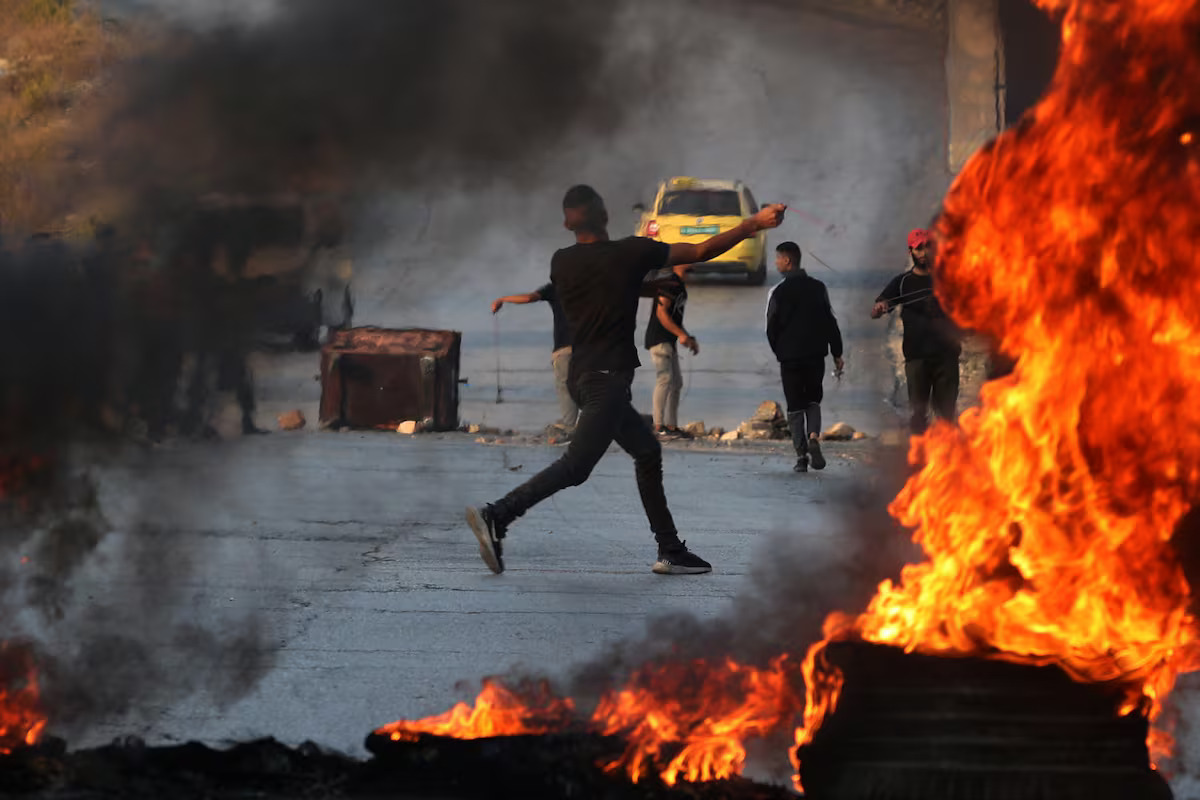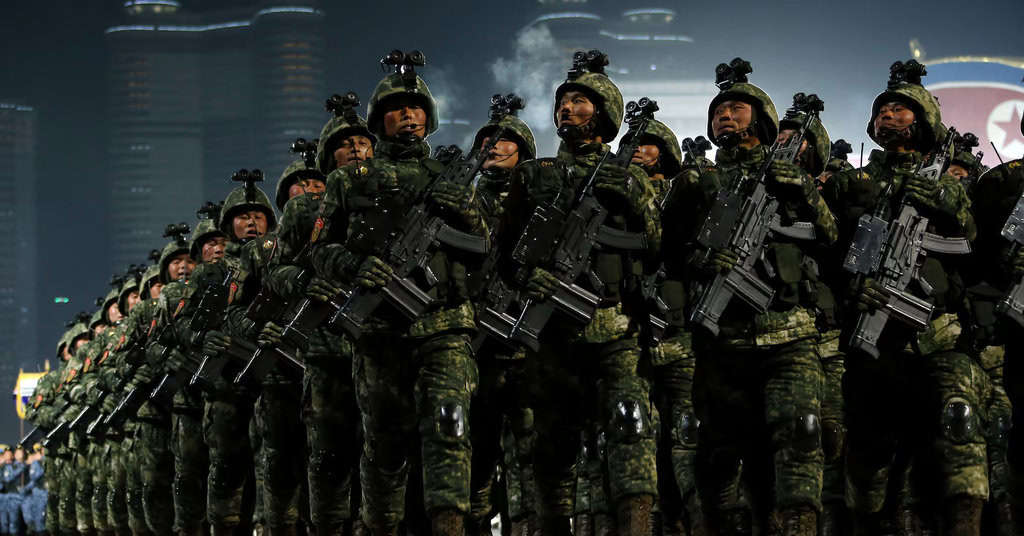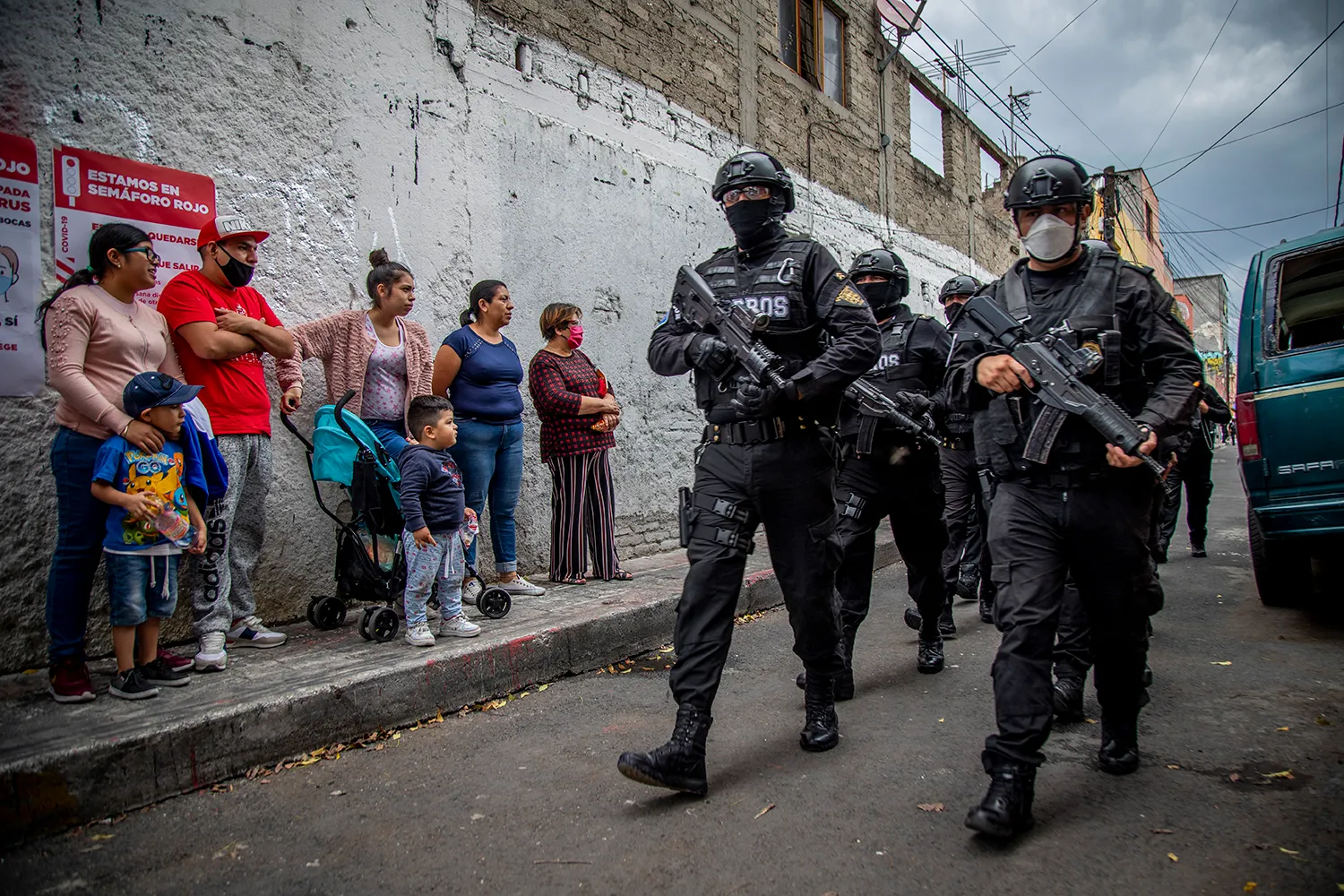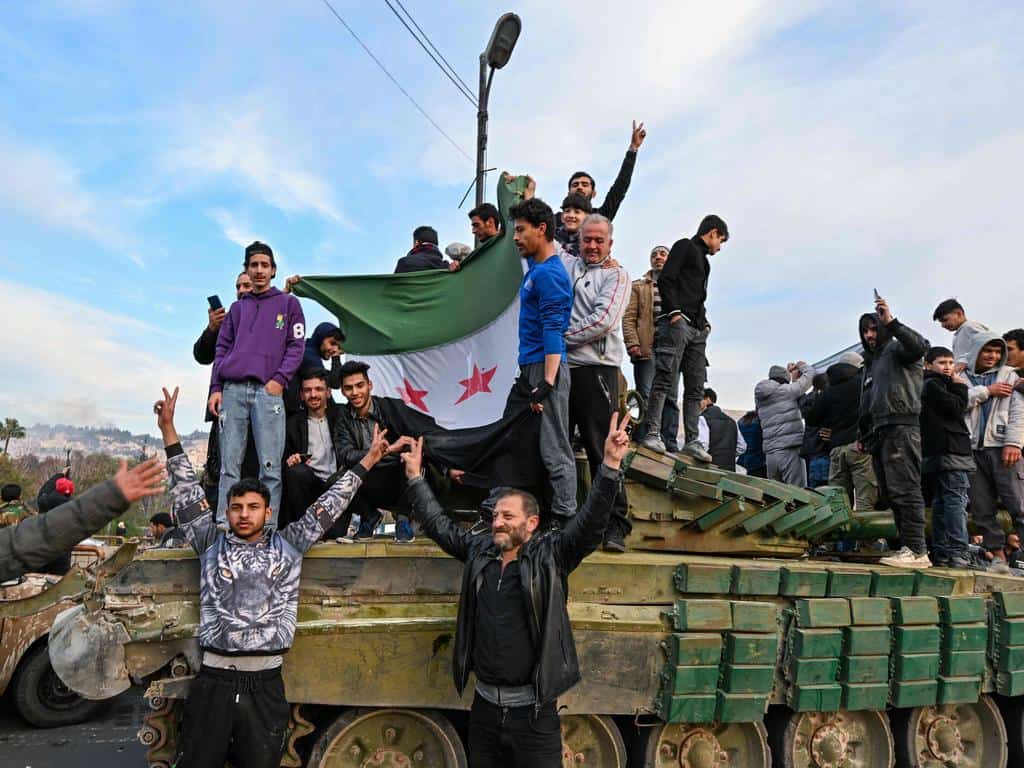The Israeli Defense Forces (IDF) have intensified their operations in the West Bank, marking one of the largest military campaigns in the area since the conflict between Hamas and Israel reignited in October. The operation, which began on August 28th, is still ongoing, with no specified end date announced by Israeli officials.
Widespread Military Activity Across Key Cities
The IDF’s recent offensive spans several key locations, including Jenin, Tulkarem, Nablus, Tubas, and Al-Fara’a. Jenin and Tulkarem have been identified as primary hotspots, witnessing the heaviest military presence. According to the IDF, at least 12 Palestinian militants, reportedly from various organizations, have been killed so far. Additionally, around 45 individuals have been arrested. Meanwhile, Palestinian health officials have confirmed at least 10 fatalities but have not specified whether these were militants or civilians. Reports suggest many of those injured could be civilians, though exact numbers remain unclear.
Targeted Killing of Key Militant Leader
One of the notable casualties in this latest escalation is Muammad Jaber, also known as Abu Shujaa, the commander of the Tulkarem Brigade. He was killed along with four others in a mosque at the Noor al-Shams Refugee Camp in Tulkarem. The IDF claims that Abu Shujaa was involved in orchestrating a shooting attack in June that resulted in the death of an Israeli citizen, Amnon Mokhtar, and was allegedly planning additional attacks.
Rationale Behind the Military Offensive
The IDF justifies these extensive raids as a response to what it perceives as an “immediate threat” to Israeli civilians and a broader strategy to counter the surge in militant activity. The West Bank, particularly areas like Jenin and its refugee camp, has long been a stronghold for militant groups. The recent uptick in attacks is seen as an act of solidarity with Gaza amidst ongoing hostilities.
Destruction of Infrastructure and Humanitarian Impact
Throughout the besieged areas, Israeli forces have employed armored bulldozers to demolish infrastructure, a tactic they argue is necessary to neutralize potential threats such as improvised explosive devices (IEDs). However, Palestinian sources accuse the IDF of collective punishment, citing extensive damage to civilian infrastructure and the destruction of vehicles not involved in any militant activity.
One unprecedented aspect of this current raid is the reported blockade of the Jenin government hospital, where Israeli troops have surrounded the facility with mounds of dirt, allegedly to prevent militants from using it as a refuge. Palestinian health officials have also reported that Israeli forces impeded an ambulance from accessing the hospital, further complicating the humanitarian situation.
Involvement of Various Palestinian Militant Groups
Israeli forces are primarily clashing with militants from groups such as Saraya Al-Quds (the military wing of the Palestinian Islamic Jihad), the Al-Aqsa Martyrs’ Brigade, and factions of the Al-Qassam Brigades (Hamas’ military wing). While Hamas is predominantly based in Gaza, some operatives in the West Bank occasionally engage in these military confrontations.
As of the most recent updates, Israeli forces have reportedly withdrawn from the Noor al-Shams refugee camp in Tulkarem after nearly 48 hours of conflict, although raids continue in other cities like Jenin.
Statements from Israeli Officials and International Reaction
Israel’s Foreign Minister, Israel Katz, has made bold claims that the Palestinian militant groups in the West Bank are acting as proxies for Iran, receiving funding and weapons directly from Tehran. Katz has called for the construction of a security barrier along the Israeli-Jordanian border and has urged Western allies to bolster Jordan’s defenses against what he describes as “Iranian subversion.”
Katz’s controversial proposal for the “temporary evacuation of Palestinian residents” to address security threats has sparked backlash from international diplomats, including Josep Borrell, the EU’s High Representative for Foreign Affairs and Security Policy.
Since returning to his role as Foreign Minister earlier this year, Katz has quickly become a prominent figure in Israeli politics, advocating for more stringent security measures. His proposals, particularly those concerning the Jordanian border, may gain traction in the coming weeks, but the Israeli government’s final stance remains uncertain.





